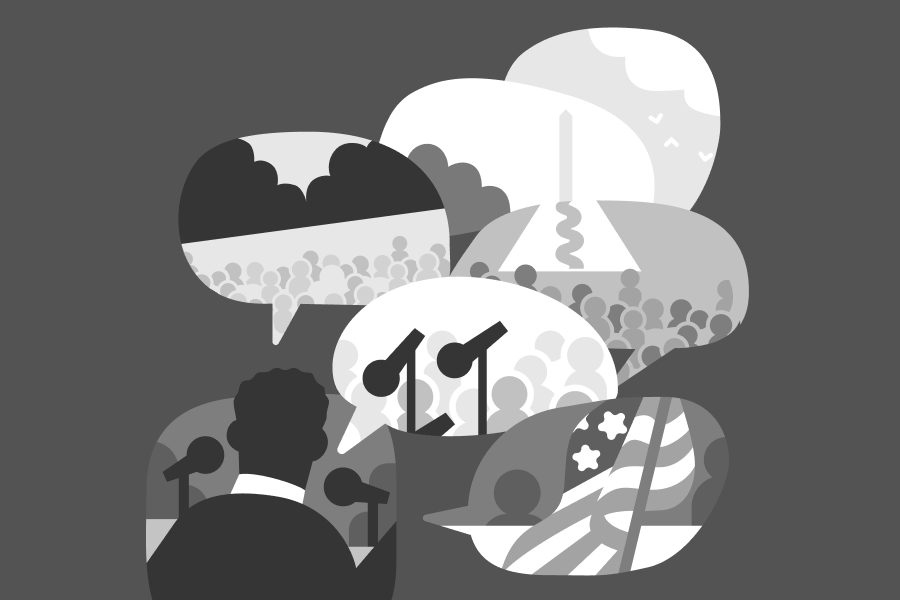In the U.S. February is Black History Month, and here at Duolingo we're highlighting the contributions of Black linguists and creators to language! This month we invited three guests to take over Duolingo's Instagram for a fireside chat, live Q&As, and special posts about their work and inspirations. We like to think of language as not just something you study, but something you do, and our guests sang, spoke, recited, and taught us about how language—especially Black language—is used in some remarkable ways.
You can check out our Instagram posts to learn more about these language experts' work and how language can be used for the poetic, the personal, and the powerful.
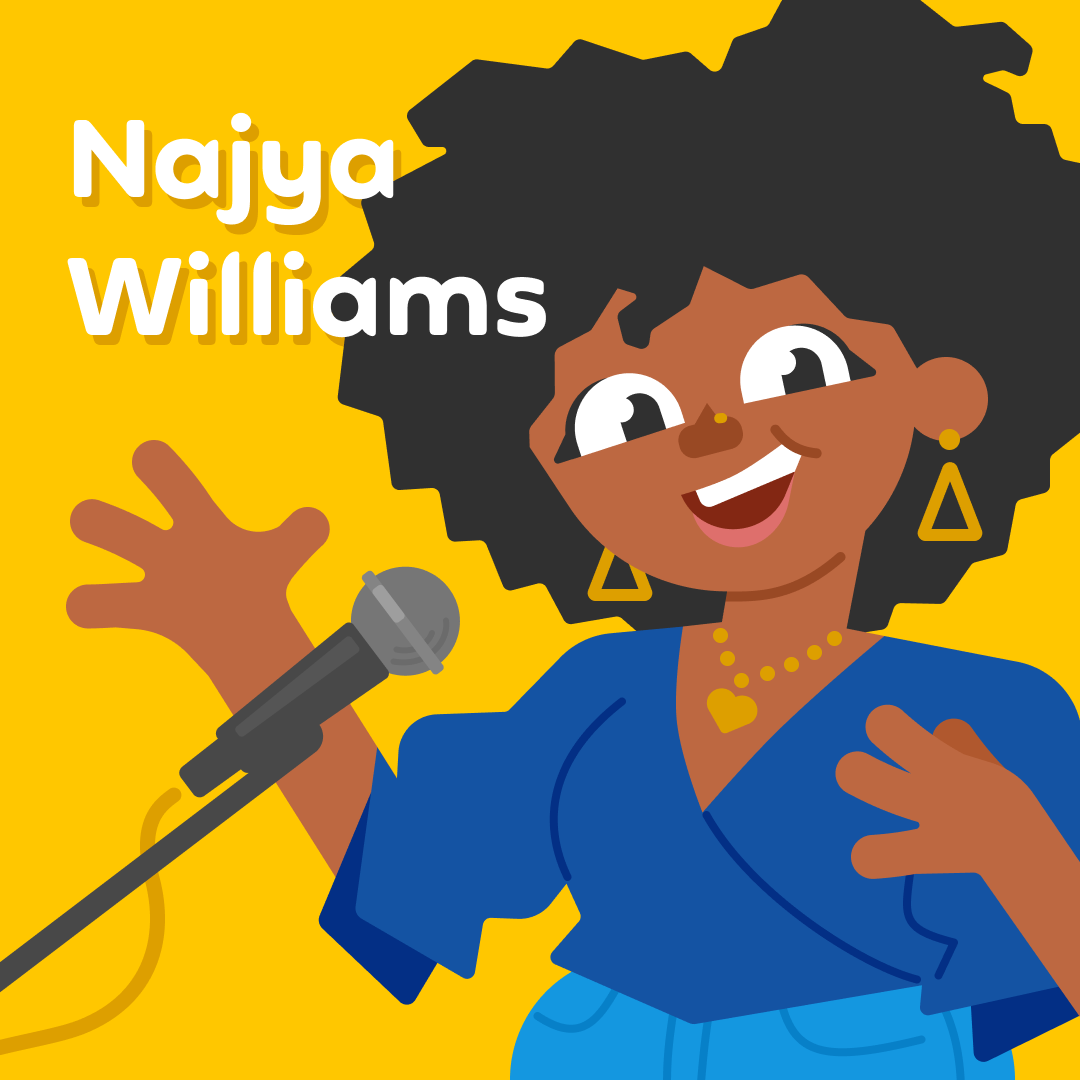
|
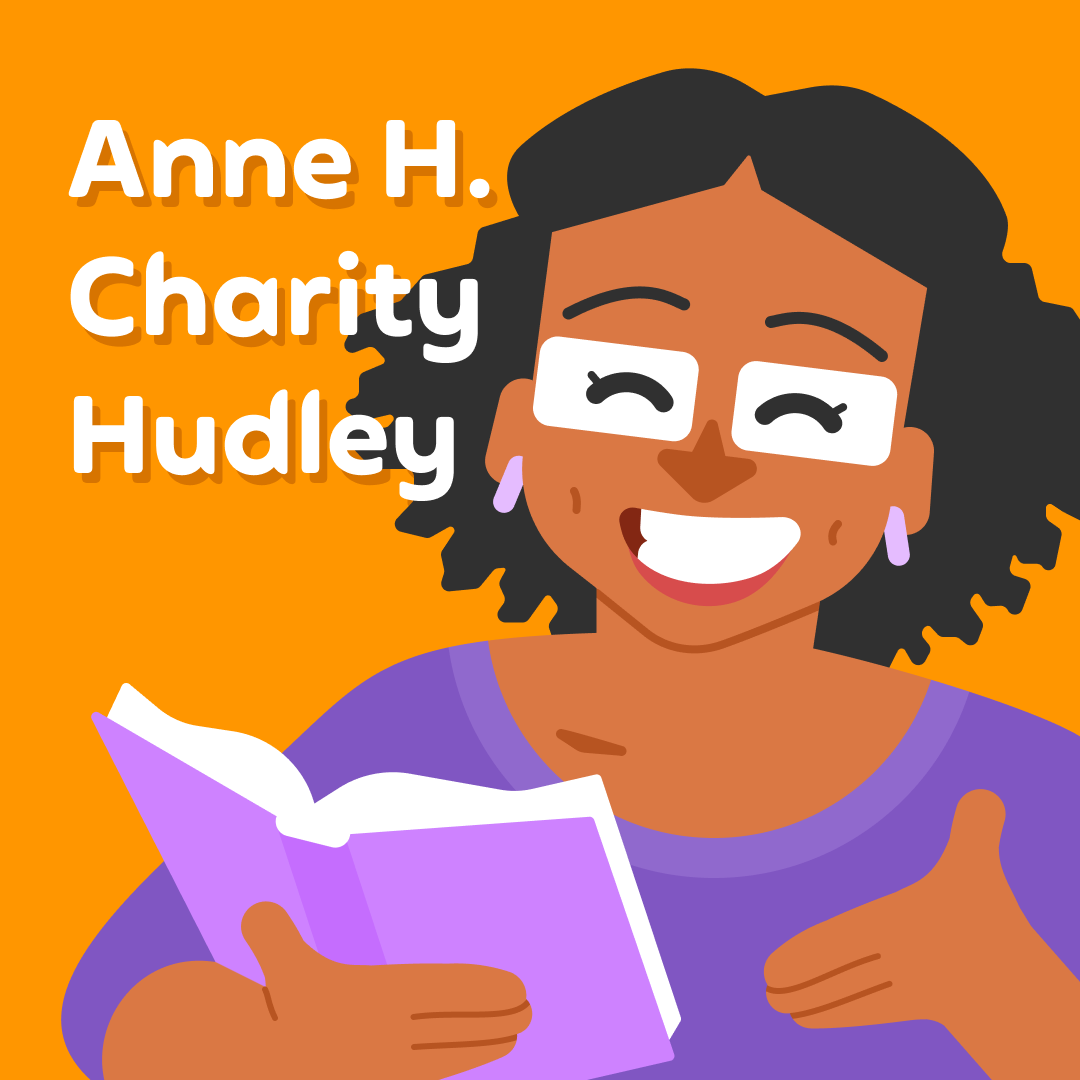
|
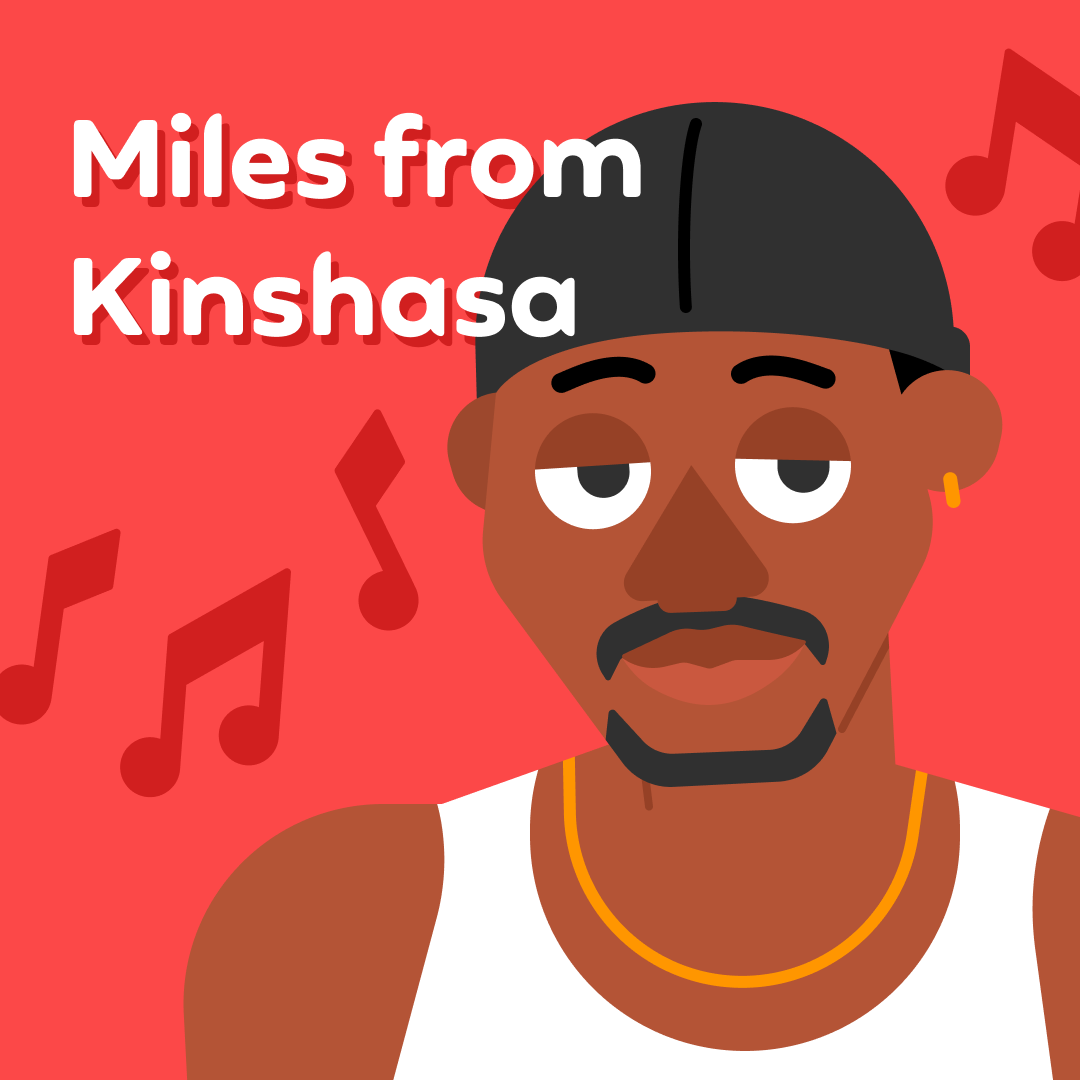
|
In this post, we're sharing what Dr. Anne Charity Hudley told us about her research on education, Black speakers and their languages, and the role of language in our identities.
Dr. Anne Charity Hudley, professor of linguistics
You may recognize Dr. Charity Hudley from Duocon 2020, our yearly conference celebrating languages and language learning, where she spoke about Black languages and why they matter. This month, for Black History Month, Dr. Charity Hudley joined me on IG Live for a fireside chat to talk more about language and linguistics. You can watch the full conversation on Duolingo's IG page. Here's some of what she shared with us!
Are there similarities shared by Black speakers all around the world?
The similarities are that there is a tradition across the world where Black people are so playful and joyous with language! Language is such a part of Black culture everywhere. And I think it really has to do with the history of colonialism and when people are enslaving you and when they're taking over your nations and making you kind of subservient to them. You may lose a lot of things—you may lose money, you may lose property—but you don't lose yourself. You don't lose your humanity, you don't lose your culture, and so language is a manifestation of something that cannot be taken away from you, even when all other conditions are adverse. And so that's what we're really seeing that really goes across the entire Black diaspora.
So one of the cool things that we can do today is that even if we say the traditional aspects of what linguists study are lost—we might not have the same grammar, we might not have the same historical vocabulary—the linguistic practices, the cultural practices, are there. And I think what's so cool about research right now is being able to go and see different people, different Black communities, and see those linguistic characteristics be evident. That could be even the way your body moves or the way that you tell the story versus what language it's told in. And that's what's so magical about language: it works in all these different dimensions. And so being able to add those dimensions into what we think of as the study of language or linguistics, that's really what's been so exciting right now!
What is the role of language in a person's identity?
To me language is not just important to identity; it is identity! It's the way that we express ourselves to the world, it kind of helps us define who we are. Humans are social creatures! That's why we have so many fans of Duolingo. People want to learn languages, and they want to connect with each other, and they want to share their own ideas, their thoughts. Whether people like social media or not, it allows us to do that in different ways. It allows some speakers who may not be as fluent in a conversation like this or as comfortable in person—it allows them other ways of expression. If you think about written works in the past, they had to be more mediated through publication and having money to do that—and now you don't have to necessarily have that same type of financing to get your ideas and thoughts in the world.
Language is how you move your eyes. For Black people, language is a lot of how you move your body—it's the sounds that we make with our nose and our mouth—that are not necessarily considered part of the language. And we can see those traditions across Black languages!
We can also think then about context. What are the conversations that Black people are having in particular—in this Black History Month, in this year—about the state of their lives. I think that's another important aspect we've been thinking about: the form of the nouns and the verbs, but also the content. And I think that's what a lot of Black linguists are focusing on right now.
What is the influence of social media on Black language? Are accents and dialects being lost?
I think we're gaining! Because we're gaining all these practices—practices that were not written down, that we may know in our family or our community. And now even just the act of seeing it on social media makes it so exciting! And that is different phrases, joke patterns, you know, just the ways that people tell stories or how they do memes. And you can see yourself reflected in a way that you may have never seen in school. And honestly in many places it would have been deemed maybe inappropriate, or people wouldn't have known how to handle it. But seeing people handle it themselves, in real time, is what is so cool! And watching the whole world be an audience of that, in terms of how that is influencing culture. And I argue that leading up to the moment and the protests and the strength that we're seeing is because we can connect on social media.
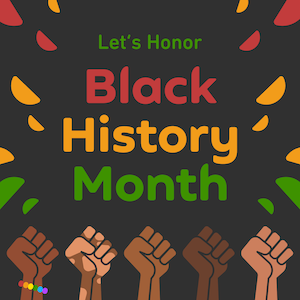
Celebrating Black language and linguistics
Language is a lot more than vocabulary, word endings, and rules—it's how we express our ideas, our perspectives, and even our identities. The Black linguists and creators who took over our Instagram this month showed us that language is a living thing that moves and responds to the time, place, and people who use it.
Join us on all our social channels (Facebook, Instagram, Twitter) to keep learning with us!
